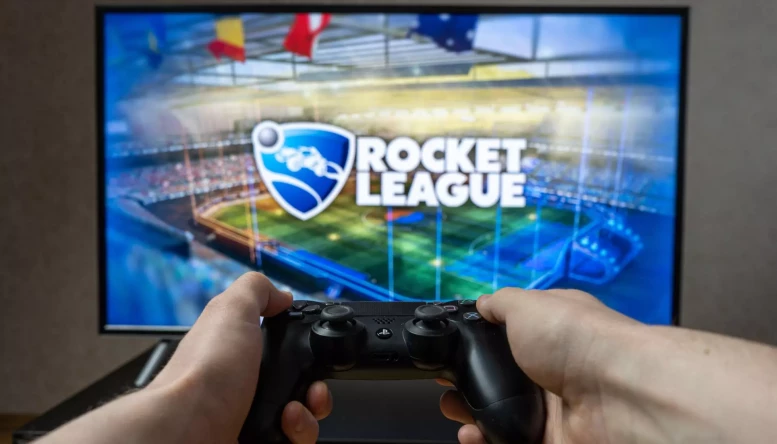Traditional Sports Are Getting Into Esports: Growth of Virtual games
Some would argue that video games are not an actual sport despite the emergence of world-famous professional gamers: Dennis Fong, a big name in esports, went pro in 1997. Even 15 years later, it is not widely accepted as a sport, although it has become a part of the Olympics
 Rocket League
Rocket LeagueIn 2018 at the Asian Games, the Olympic Council of Asia decided against including Esports as a demonstration sport, with six titles played in the demo category. The event was a big moment for esports gamers worldwide.
The growth of esports during the 2010s
In 2012, the idea of legitimising video games by calling them sports didn't impress many people. As of now, traditional sports have started to include video games to connect with a younger audience. Around the initial years of the 2010s, traditional sports created their esports versions. In 2017, the National Football League launched the inaugural Madden esports tournament, and in the same year, Formula One launched the "F1 Esports Series," which witnessed 63,827 drivers participate in the qualifying stage.
In 2018, the National Basketball Association announced the NBA 2K League, where 17 NBA teams took the initiative of creating esports counterparts that would eventually be housed in their home city and have the same branding as the actual teams. The league expanded to 24 teams, and its viewership has only been rising. Much like the NBA, other major North American sports leagues have also jumped into esports - Major League Soccer started the MLS Cup in 2018. The National Hockey League launched the NHL World Gaming Championship in 2018, and Major League Baseball birthed the MLB esports tournament in 2020.
Will esports overpower traditional sports someday?
Ownership and investment are also two aspects being used to expand esports. Famous personalities such as David Beckham (co-owner of Guild Esports), Mark Cuban (investor in Unikrn), Steph Curry (investor in Team SoloMid), Magic Johnson (co-owner of Team Liquid), and Robert Kraft (owner of the Boston Uprising) among many more are actively investing in esports. The industry has been steadily growing and is now valued at around $1billion.
The global esports market is estimated to grow at a compound annual growth rate (CAGR) above 25.1% until 2028, pulling the market size to over $7.1billion. Besides providing the chance to make money, esports also has a big audience. Super Bowl viewers pale in comparison to the popularity of esports, especially the League of Legends championship. Reports suggest that the esports market will cross 500 million people by 2024.
The controversial but arguably progressive merge between traditional sports and esports is only growing rapidly. Some expect to see esports put their own money into traditional sports someday. This profit-making institution might let esports organisations have more power over existing conventional sports franchises and teams.
Editor's Picks
- 01
Brendon McCullum: England ready to be 'really brave' in team selection for India series
- 02
Diogo Jota inspires Liverpool surge as injuries fail to dampen Premier League lead
- 03
Cameron Norrie ready to go toe-to-toe with the big boys after stellar Australian Open run
- 04
Maxwel Cornet confident of scoring run after opening West Ham account